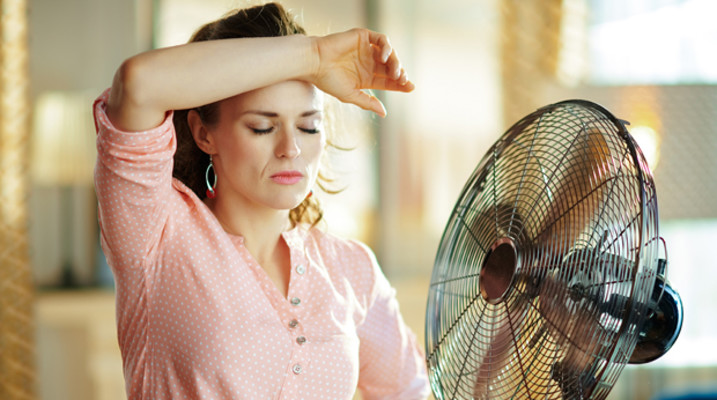
Here’s a simple strategy for having a happier marriage: Say “thank you” more often… and whenever your partner does something nice for you, tell them you noticed and appreciate it.
In other words: Raise your game when it comes to expressing GRATITUDE. Because according to a study in the journal Personal Relationships, the more you show gratitude in your marriage, the happier and more valued your partner will feel. And even if you and your partner argue regularly, your gratitude may be the one factor that SAVES your relationship!
I know it sounds simplistic… but the psychologists who led the study say it makes a lot of sense. Because one of the top reasons couples break up is they get into what’s called a “negative conflict pattern” – where one partner makes a demand, and the other gets defensive or withdraws in some way… say, by silently holding on to resentment.
But researchers say, when partners feel valued by each other, they’re significantly more likely to stay committed to the relationship, even if they argue regularly. Because gratitude counteracts the effects of negative communication.
And the study found that feeling appreciated directly influences how you feel about your marriage, how committed you are to it, and your belief that it will last.









